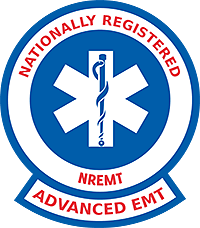![]()
Full Education Program
If you have just completed or are currently enrolled in a full education program.
Learn more>
 The primary focus of the Advanced Emergency Medical Technician is to provide basic and limited advanced emergency medical care and transportation for critical and emergent patients who access the emergency medical system. This individual possesses the basic knowledge and skills necessary to provide patient care and transportation. Advanced Emergency Medical Technicians function as part of a comprehensive EMS response, under medical oversight. Advanced Emergency Medical Technicians perform interventions with the basic and advanced equipment typically found on an ambulance. The Advanced Emergency Medical Technician is a link from the scene to the emergency health care system.
The primary focus of the Advanced Emergency Medical Technician is to provide basic and limited advanced emergency medical care and transportation for critical and emergent patients who access the emergency medical system. This individual possesses the basic knowledge and skills necessary to provide patient care and transportation. Advanced Emergency Medical Technicians function as part of a comprehensive EMS response, under medical oversight. Advanced Emergency Medical Technicians perform interventions with the basic and advanced equipment typically found on an ambulance. The Advanced Emergency Medical Technician is a link from the scene to the emergency health care system.[From the: National EMS Scope of Practice Model]
![]()
State Licensed
If you have a current state EMS license/certification.
Learn More>
![]()
Re-entry
If you have a lapsed National Registry certification or lapsed state EMS license.
Learn more>

